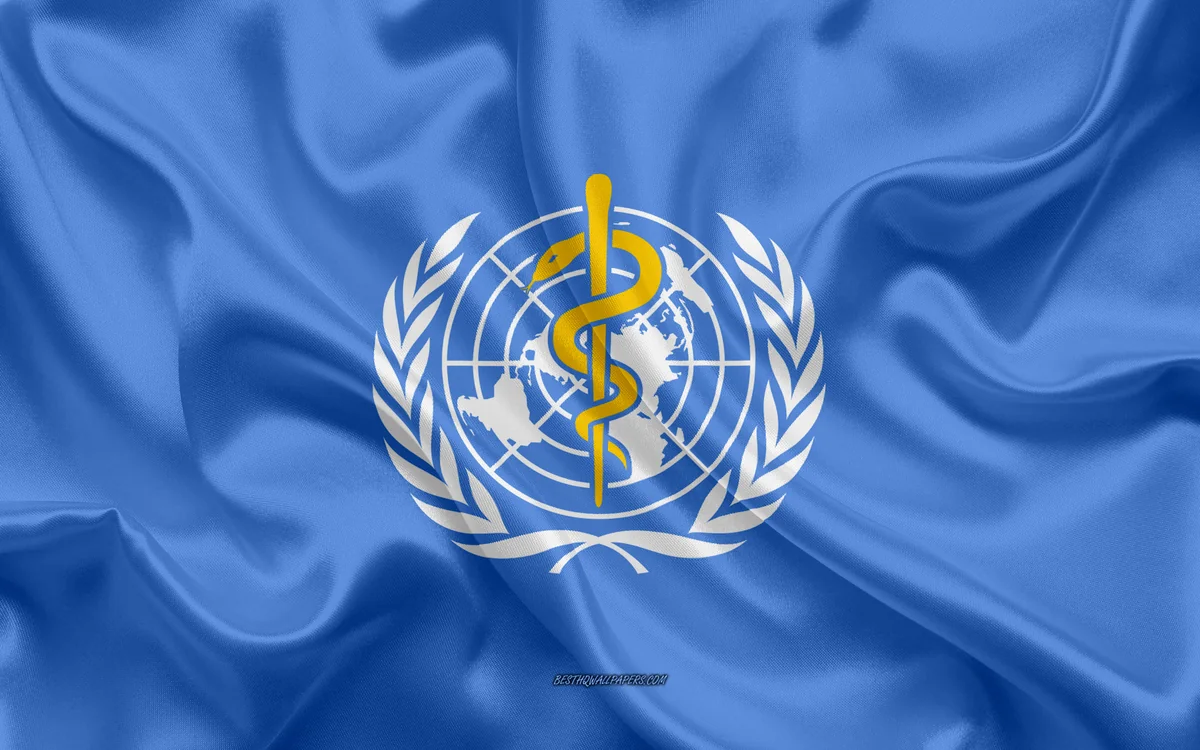WHO: Almost 2 billion people depend on health care facilities without basic water services
- 14 December, 2020
- 05:26

Around 1.8 billion people are at heightened risk of COVID-19 and other diseases because they use or work in health care facilities without essential water services, warn WHO and UNICEF.
The information published in Geneva by the World Health Organization (WHO) and the United Nations Children's Fund (UNICEF) states, Report says.
Around 1.8 billion people are at heightened risk of COVID-19 and other diseases because they use or work in health care facilities without essential water services. Water, sanitation, and hygiene (WASH) are vital to health workers and patients' safety, yet providing these services is not prioritized. Worldwide, 1 in 4 health care facilities has no water services, 1 in 3 does not have access to hand hygiene where care is provided, 1 in 10 has no sanitation services*, and 1 in 3 does not segregate waste safely.
"Working in a health care facility without water, sanitation and hygiene are akin to sending nurses and doctors to work without personal protective equipment," said Dr. Tedros Adhanom Ghebreyesus, WHO Director-General. "Water supply, sanitation, and hygiene in health care facilities are fundamental to stopping COVID-19. But there are still major gaps to overcome, particularly in the least developed countries."
The situation is worst of all in the world's 47 Least Developed Countries (LDCs). 1 in 2 health care facilities does not have raw drinking water, 1 in 4 health care facilities has no hand hygiene facilities at points of care, and 3 in 5 lack sanitation services.
These services are especially critical for vulnerable populations, including pregnant mothers, newborns, and children. Improving WASH services in health care facilities is particularly important around childbirth when far too many mothers and newborns suffer and die, including from preventable conditions like sepsis. Better WASH services could save a million pregnant women and newborns' lives and reduce still-births.
But this can be fixed. The report's preliminary estimates indicate that it would cost roughly USD 1 per capita to enable all 47 LDCs to establish basic water service in health facilities. On average, USD 0.20 per capita is needed each year to operate and maintain services.
